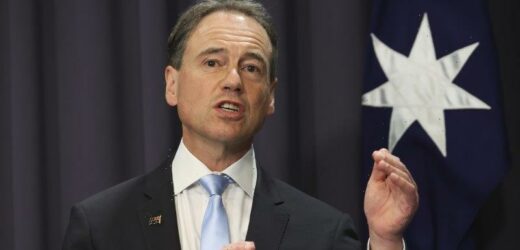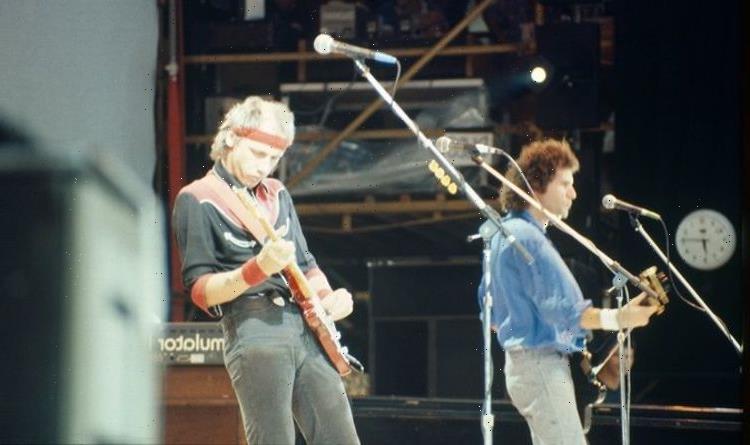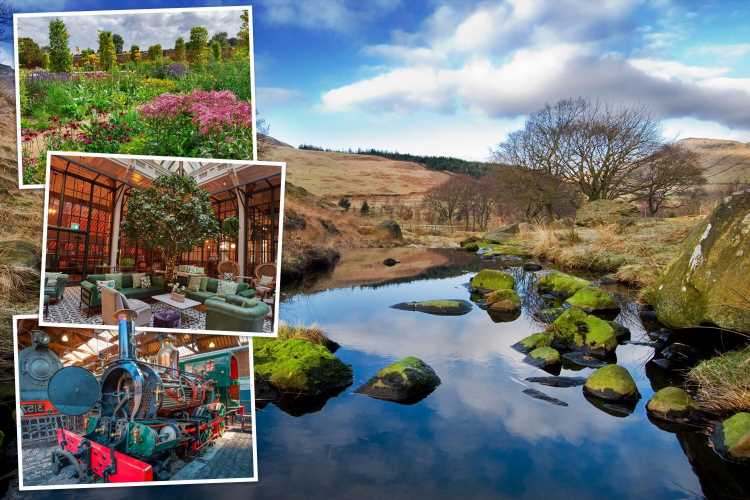Health Minister Greg Hunt has refused to say whether Australia will return to international climate talks late next year with an updated 2030 emission reduction target as the concluded UN Glasgow summit demanded.
The UN Climate Change Conference known as COP26 ended on Sunday morning AEDT with a pact urging a faster “phase down” of coal and fossil fuel subsidies.
Health Minister Greg Hunt.Credit:Alex Ellinghausen
The final pact now returns the focus onto the 2030 targets ahead of the federal election, which is widely expected to be held in the first half of 2022, and ratchets up pressure on both major parties.
The current Australian target is for a 26-28 per cent reduction on 2005 emission levels by 2030 but government modelling has projected up to a 35 per cent reduction in that time frame.
“We’ve set our target,” said Mr Hunt, who was environment minister from 2013 to 2016. “But what we’ll continue to do is update our projections.”
Labor has not declared a 2030 target but the party has signalled it wants more ambitious action than the Coalition while the Greens have demanded a 75 per cent cut in emissions.
Mr Hunt broadly welcomed the outcome of the summit, saying it was important progress for the world but repeatedly declined to say whether Australia would update its 2030 goals. Instead, Mr Hunt quoted Shakespeare while on the ABC’s Insiders program.
“It reminds me of Prince Hal to Hotspur in Henry IV: ‘I never never promised to pay thee but now that I’m here, I’ll pay thee double’.”
The steelworks and coal loading facility in Port Kembla, Wollongong. For many the Glasgow summit has been a step in the right direction even though it failed to call for countries to “phase out” coal.Credit:Getty Images
The Glasgow pact calls for rapid reductions in emissions this decade if 2050 targets are to work, and completes key elements of the so-called Paris rule book, governing how a global carbon market can operate.
Asked what the consequences should be if a country like Australia ignored the request to come back in 2022 with higher 2030 emissions reductions targets, COP26 president Alok Sharma said:
“All countries have signed up to this and at the end of the day this is an international agreement and every country will be judged by whether or not they stuck to the commitments they’ve made.”
Reaction to the final agreement was mixed.
Councillor with the Climate Council and Macquarie University biology professor Lesley Hughes said the pact was a step in the right direction but not as strong as many had hoped.
“We’ve got some of the weakest targets in the world,” she said. “The Australian government is letting the world down and certainly letting Australia down, they are out of step with global action and certainly out of step with the community.”
Greenpeace Australia Pacific chief executive officer David Ritter said the pact’s message to Australia and other fossil fuel producers was clear:
“This is not the deal the world needed, but it is what has been delivered and the momentum is in the right direction,” he said. ”Make no mistake. One clear positive is that the governments of the world have agreed for the first time that the age of coal is over.“
Former prime minister Kevin Rudd said COP26 was always going to be judged about whether it changed the emissions curve.
“While Glasgow has shown that the ambition mechanism at the heart of the Paris Agreement is beating, survival for those on the frontline of this climate crisis is still not certain,” he said.
“Countries like my own which refused to update their 2030 targets have not simply been granted a leave pass to do nothing for another five years — and they will now need to come back to the table by COP27 next year.
“While the official text might have stopped short of agreeing to phase out coal, the statements made by world leaders in Glasgow leave no doubt that coal is on its way to being consigned to history,” Rudd said.
The pact also moved to recognise the importance of indigenous peoples, local communities and civil society, including youth and children, in addressing and responding to climate change. Australian climate activist Louis Mitchell, in Glasgow for the summit, said he hoped the passion for stronger climate action and pressure on world leaders sparked during COP26 would continue.
Australian climate activist Louis Mitchell attended the COP26 summit.
“Everyone here is exhausted, it’s been tiring both physically and emotionally,” he said. “It’s tough that after all this we are left with something beyond subpar. I hope we can take some of the ambition that was shown here and take it forward.”
“Lot of people saw COP26 as this silver bullet to fix everything, but it was never going to be that. We hoped in some sense it would be better than what we thought, but we were let down once again.”
Climate Analytics chief executive Bill Hare said if countries did not step up in the next few years to take substantial action, including phasing out coal and addressing the role of gas, then the future looked bleak.
“There is a sense of urgency with the accelerated timeline for action. There is consensus that this is a critical decade for accelerated action. It is a race against time,” he said. There was a disappointing outcome for loss and damage, but with some encouraging signals that it is possible to come back to the table to do additional work.
“COP27 will be very important for making good on the solidarity that was expressed at this COP for moving forward on loss and damage.”
More to come
Understand what is happening to the environment, what’s being done about it and what it means for the future. Sign up for updates here.
Most Viewed in National
From our partners
Source: Read Full Article





